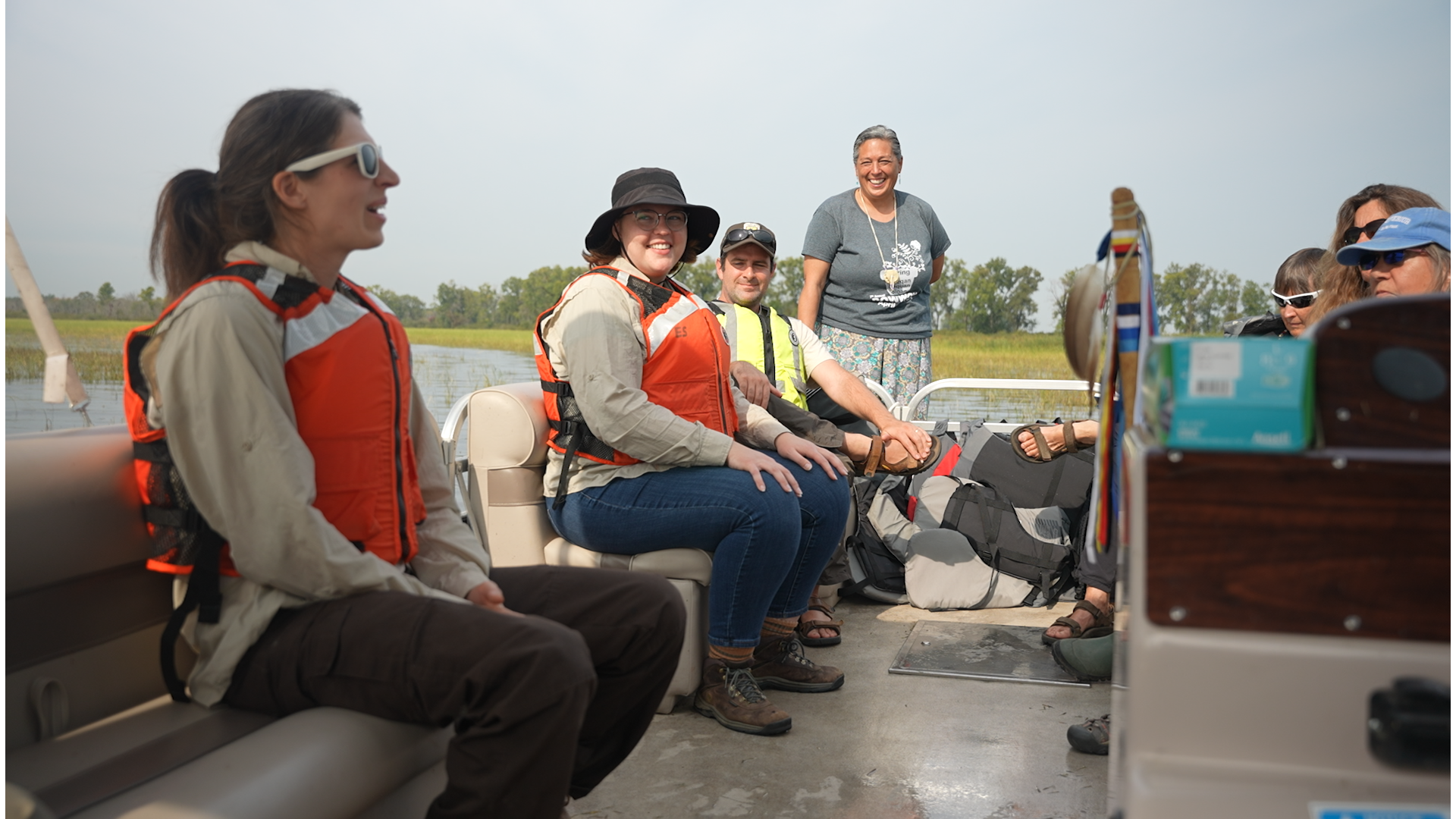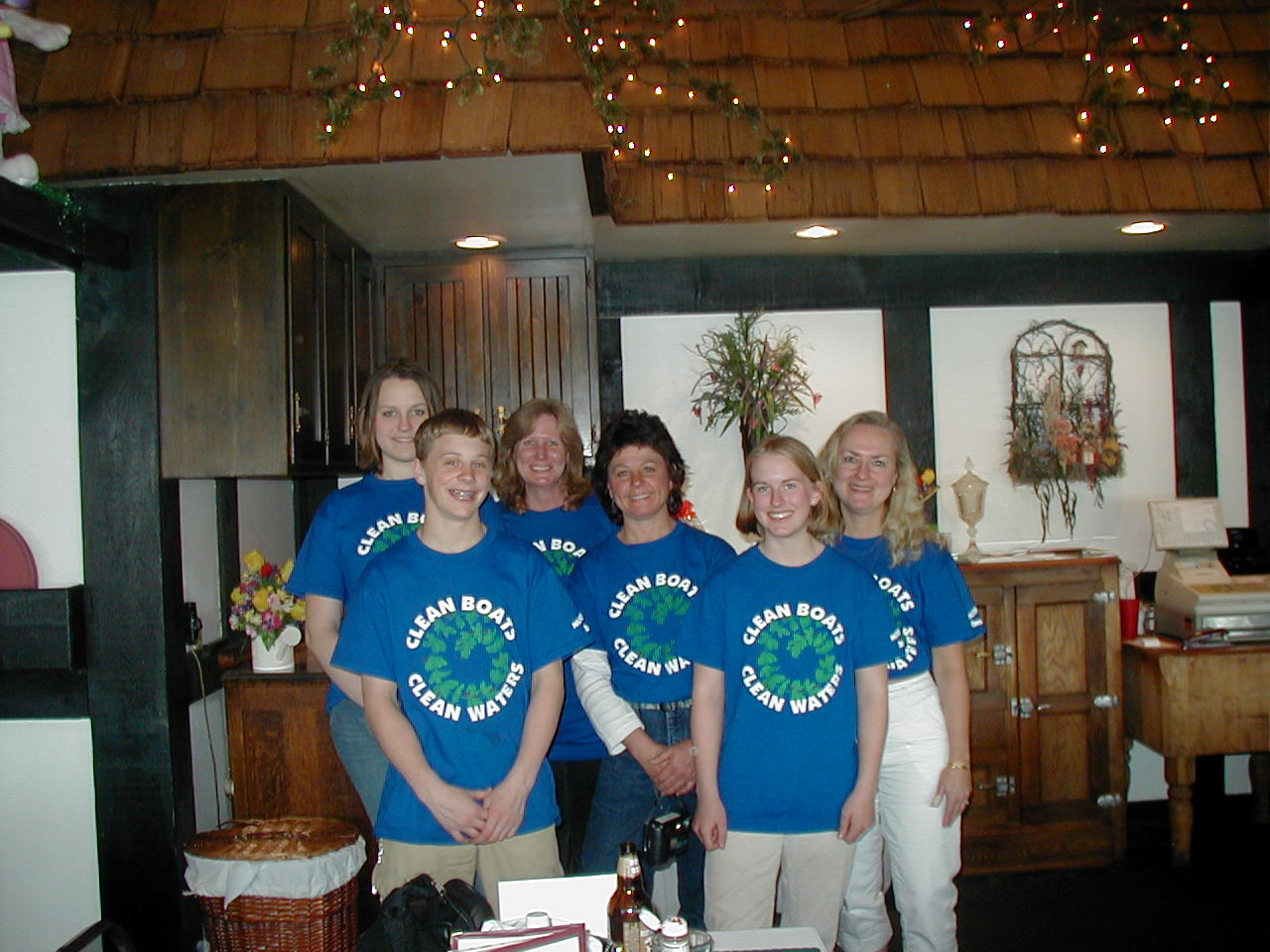When seventh-generation Texan J. Leigh Garcia moved to Madison for college, it didn’t take her long to fall in love with all the lakes here. On her lake walks, however, she also noticed a lot of plastic pollution in the water. Her fellow master’s of fine arts candidate, Pete Bouchard was distressed by all the plastic bags he saw people using to carry their groceries.
The duo have combined their plastic concern and passion for art into a public art and science event taking place on Friday, April 29, 5 p.m. at B62 Goodnight Hall on the University of Wisconsin-Madison campus.
The “Poly Pledge” event will feature Tim Hoellein, an aquatic ecologist from Loyola University speaking on the science of plastics, and Garcia and Bouchard talking about the art of plastics. Afterwards, at the reception on the Lakeshore Path behind the hall, people can view the art piece: a human-powered vending machine that dispenses canvas bags in exchange for signed Poly Pledges.
“Moving to a lakes area and thinking about eating fish inspired me to research the effects of plastic on fish and ourselves after eating them,” Garcia said. “Once it gets into the water, plastic breaks down into tiny pieces called microplastics. These are especially dangerous because they’re so small and colorful that fish may mistake them for food.”
“Plastic pollution in the environment is a rapidly growing field of research,” Hoellein said. “We have found plastic in most ecosystems and organisms where we’ve searched for it, but the specific biological impacts of plastic require more study.”
Taking the poly pledge involves a promise not to use plastic shopping bags for a month, which Garcia thinks is a good starting point for people who are used to using plastic bags on a daily basis. Capitol Centre Market and Fresh Market donated the canvas bags. The event is hosted by Wisconsin Water Library, Wisconsin Sea Grant and the Water Resources Institute.





